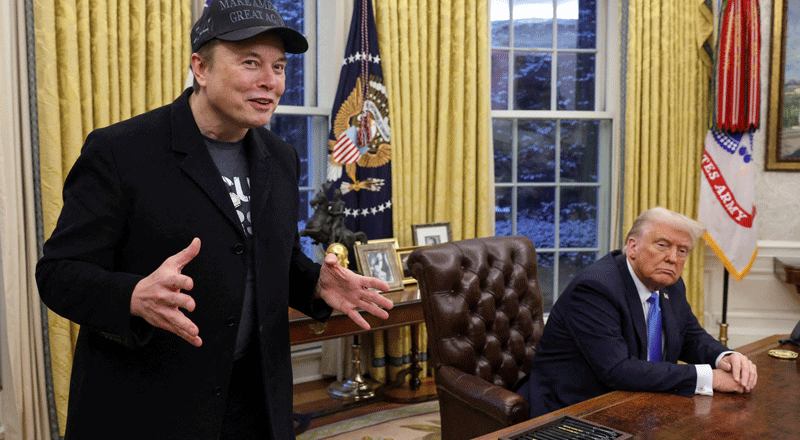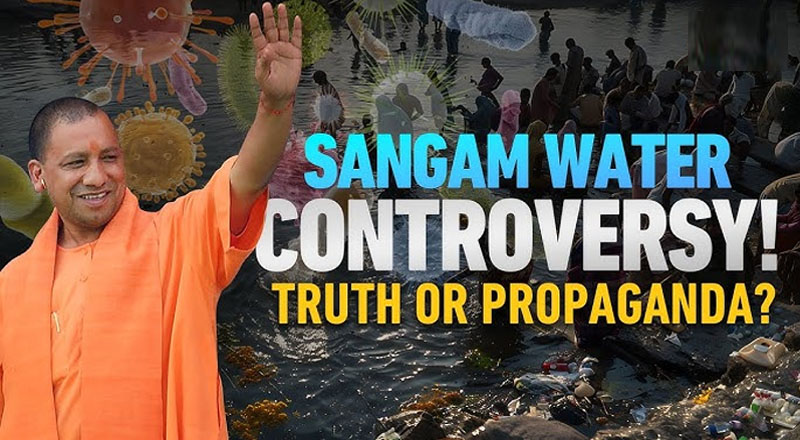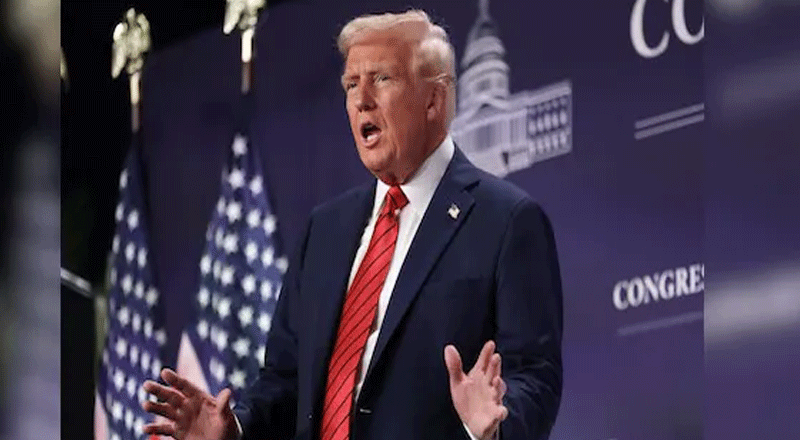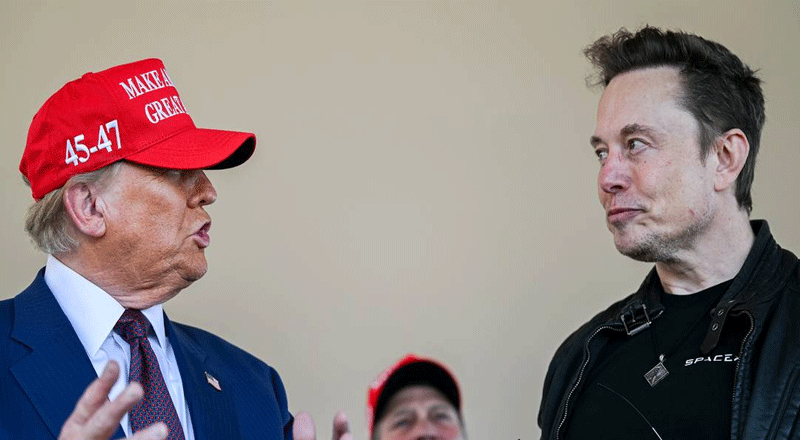In a move that has ignited a political storm in both India and the United States, the US Department of Government Efficiency (DOGE) recently announced the cancellation of a $21 million fund intended for voter turnout initiatives in India. The decision, led by Elon Musk and later backed by former US President Donald Trump, has triggered a heated debate over foreign involvement in India’s electoral process, with Indian political leaders engaging in a fierce war of words over the implications of the funding.
Background: The Fund That Raised Eyebrows
India, the world’s largest democracy, has long prided itself on conducting elections with minimal foreign influence. The news that $21 million from US taxpayers had been allocated for “voter turnout in India” raised serious concerns. On February 16, DOGE listed the cancelled initiatives, including this controversial fund.
Trump, known for his protectionist policies and skepticism toward foreign aid, questioned the rationale behind sending financial assistance to a country he described as having “a lot more money” and “one of the highest taxing nations in the world.” While emphasizing his respect for India and Prime Minister Narendra Modi, he criticized the idea of US taxpayers funding electoral participation in another sovereign nation.
The Political Fallout in India
As soon as the news broke, Indian political parties seized the opportunity to attack their opponents. BJP’s IT Cell chief, Amit Malviya, was quick to denounce the funding as “external interference” in India’s electoral process. “Who gains from this? Not the ruling party for sure!” he wrote on social media platform X (formerly Twitter), suggesting that foreign intervention could be aimed at aiding opposition parties.
Meanwhile, the opposition Congress party turned the tables on the BJP, alleging that senior BJP leader Smriti Irani had past connections with USAID, the very agency linked to the fund. Congress leader Priyank Kharge pointed to Irani’s past role as a USAID “Goodwill Ambassador,” asking whether the BJP itself had ties to international influences. Congress spokesperson Pawan Khera joined the fray with a satirical jab, calling Irani the “real agent of George Soros,” the billionaire investor frequently accused by BJP of having an anti-India stance.
In response, Amit Malviya dismissed these allegations, clarifying that Irani was appointed as the Oral Rehydration Salts (ORS) Goodwill Brand Ambassador by the World Health Organization (WHO) between 2002 and 2005. He emphasized that Irani’s appointment had nothing to do with USAID or foreign election funding, attributing it instead to her immense popularity as a television star at the time.
The Broader Implications and Future Consequences
The controversy over the $21 million voter turnout fund has left several pressing questions unanswered. While the cancellation of the fund removes immediate concerns over foreign intervention, the larger issue of external influences in India’s electoral process remains. The political blame game between the BJP and Congress indicates that foreign funding in India’s democratic processes could become a recurrent flashpoint in future elections.
For the United States, this episode raises concerns about its foreign aid policies. Critics argue that American taxpayer money should not be used to influence elections in other nations, while proponents insist that such funding helps strengthen democratic participation worldwide. The backlash in India may prompt the US to re-evaluate similar funding initiatives in other countries.
As India prepares for its upcoming elections, this controversy will likely be leveraged by both ruling and opposition parties to shape public perception. While the BJP will portray itself as a protector of India’s electoral sovereignty, the Congress will continue attacking the ruling party’s alleged hypocrisy over foreign connections.
Ultimately, this incident serves as a stark reminder of the delicate balance between international cooperation and national sovereignty in electoral affairs. Whether it is the US, India, or any other democracy, the question remains: where should the line be drawn between foreign assistance and interference?
(With inputs from agencies)





